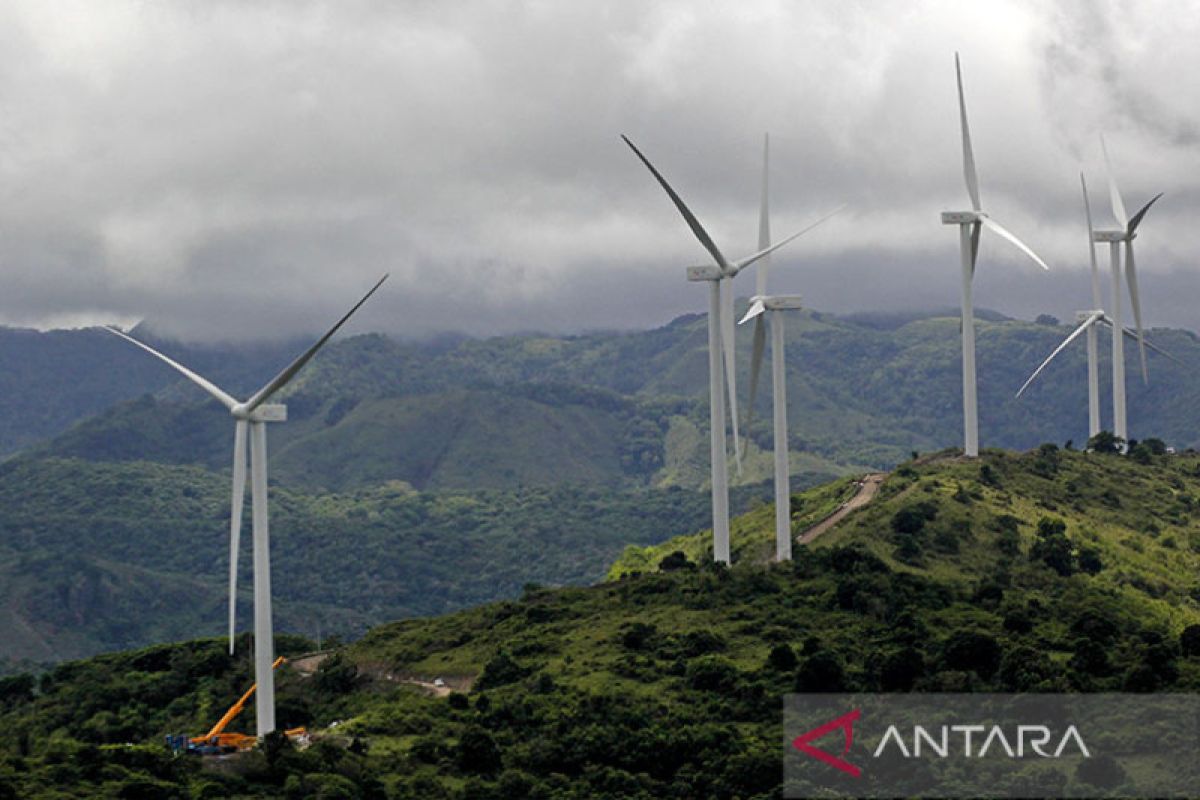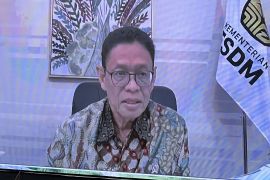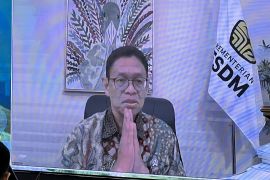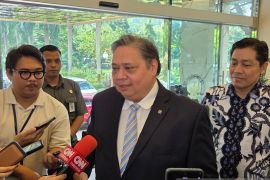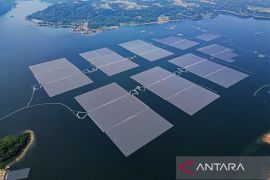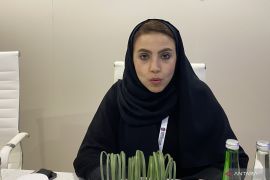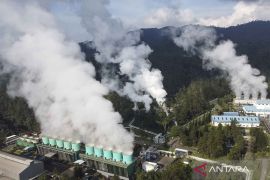"We will not be generalizing the terms of financing from each country," said Dadan Kusdiana, Secretary General of ESDM, on the sidelines of the 41st ASEAN Energy Ministers' Meeting and the ASEAN Energy Business Forum in Nusa Dua, Badung District, Bali, on Thursday.
He said that one financing scheme cannot be applied in all countries to fund programs aimed at reducing carbon emissions.
The institution that facilitates financing in ASEAN is the Asian Development Bank (ADB), he added.
Kusdiana remarked that the multilateral bank encourages financing supported by the ASEAN Center for Energy (ACE), which is under the auspices of the ASEAN structure.
Although energy transition financing in ASEAN cannot be generalized, Kusdiana affirmed that all countries in the region have agreed to encourage creative efforts to secure funding.
Meanwhile, ACE Corporate Relations Manager Andy Tirta said that he believes that investment in the energy sector, including clean energy, to support connectivity between countries, will attract investors since energy demand continues to increase.
The International Energy Agency (IEA) projects that energy demand in ASEAN will grow by an average of 3 percent per year.
“This is a business where the investment definitely is going to be used; there are buyers, and it can be dominant for decades," said Tirta, who is also the Chair of the ASEAN Energy Business Forum.
Earlier, ESDM Minister Arifin Tasrif said at the ASEAN Energy Financing Forum that blended finance is the solution to attract investment to support the energy transition in Southeast Asia.
Moreover, it can be achieved through cooperation between the government and business entities and through international funding.
Based on the report of the International Renewable Energy Agency (IRENA), ASEAN countries need financing of around US$29 trillion until 2050, with a 100-percent renewable energy scheme to implement the energy transition.
The investment is for the construction of renewable energy generators, national and international distribution transmissions, biofuel supplies storage, electrification, electric cars, and electric vehicle charging stations.
Moreover, it concerns labor and operational costs.
To encourage private investment, the government has prepared incentives, policy frameworks, and transparent investment procedures.
Related news: RI offers solutions to attract energy transition investment in ASEAN
Related news: Indonesia pushes ASEAN collaboration on energy transition
Translator: Dewa Ketut Sudiarta Wiguna, Cindy Frishanti Octavi
Editor: Anton Santoso
Copyright © ANTARA 2023
